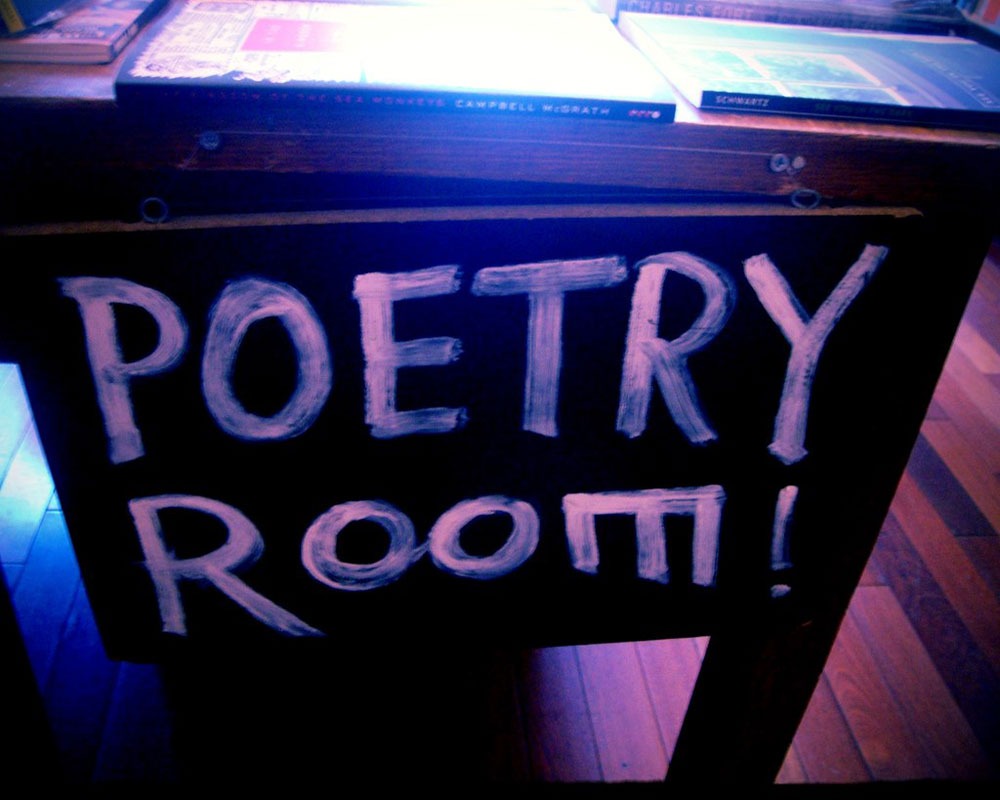
January 30, 2020; New York Times
The poets are coming.
Specifically, the poets laureate are coming, and they have help, most recently from Mellon Foundation. On Thursday, the American Academy of Poets announced a $4.5 million grant from the Andrew W. Mellon Foundation to support their Local Poets Laureate program.
The program was launched in 2019 with an initial $2.2 million, also from the Mellon foundation. Officially known as the Academy of American Poets Laureate Fellowships, it bestows grants of between $50,000 and $100,000 on individual writers “to honor poets of literary merit appointed to serve in civic positions and to enable them to undertake meaningful, impactful, and innovative projects that engage their fellow residents, including youth, with poetry, helping to address issues important to their communities.”
For the record, those grants are the biggest offered to any poet laureate in the country. Even the official US Poet Laureate, who is appointed by the Librarian of Congress, receives only $40,000. (Though publicly appointed, the position is funded by a private grant.) NPQ rejoiced last year when Joy Harjo became the first Native American to serve in that post.
Last year, the Academy of American Poets announced the first 13 recipients of its fellowship. They came from 10 different states and include poets born in the continental US, El Salvador, Germany, and Puerto Rico.
Sign up for our free newsletters
Subscribe to NPQ's newsletters to have our top stories delivered directly to your inbox.
By signing up, you agree to our privacy policy and terms of use, and to receive messages from NPQ and our partners.
The official position with the Library of Congress was created in 1936, and there have been either 52 or 51 appointees since then, depending upon who’s counting. (William Carlos Williams, thanks to a bout of ill health that may or may not have been exacerbated by persecution from J. Edgar Hoover’s FBI, was appointed in 1952 but unable to serve.)
However, poets laureate have been popping up across the US in recent years. NPQ reported last year when Flint, Michigan created a position for Semaj Brown, and there are dozens more cities and states that’ve decided this is an important use of public funds and energy. In 2013, the New York Times reported that cities from Boise, Idaho to Key West, Florida were laureating local poets. It became common enough that former US laureate Philip Levine worried the award was becoming “water[ed] down.”
The Mellon Foundation and Academy of American Poets don’t seem to think so; they believe in the power of literary art to uplift communities, create hope, and bring people together. Their 13 appointees, several of whom are people of color, each have a plan for their local communities.
Elizabeth Alexander, a poet and the former chair of the African American studies department at Yale University, who has served as president of the Mellon Foundation since last July, says, “I think there’s something that’s special and important about doing this big enough that it can be in so many different American communities simultaneously…The ability to get a kind of textured map of the whole country is something that’s very exciting.”
She told Publishers Weekly, “Poetry as an art form has not much been served by philanthropy… it is an art form that, in its power and concentration, has the ability to actually punch way above its weight.”
Thanks to Alexander and her foundation, that power is now reachable by more people in the US, and hopefully does good for more communities.—Erin Rubin











